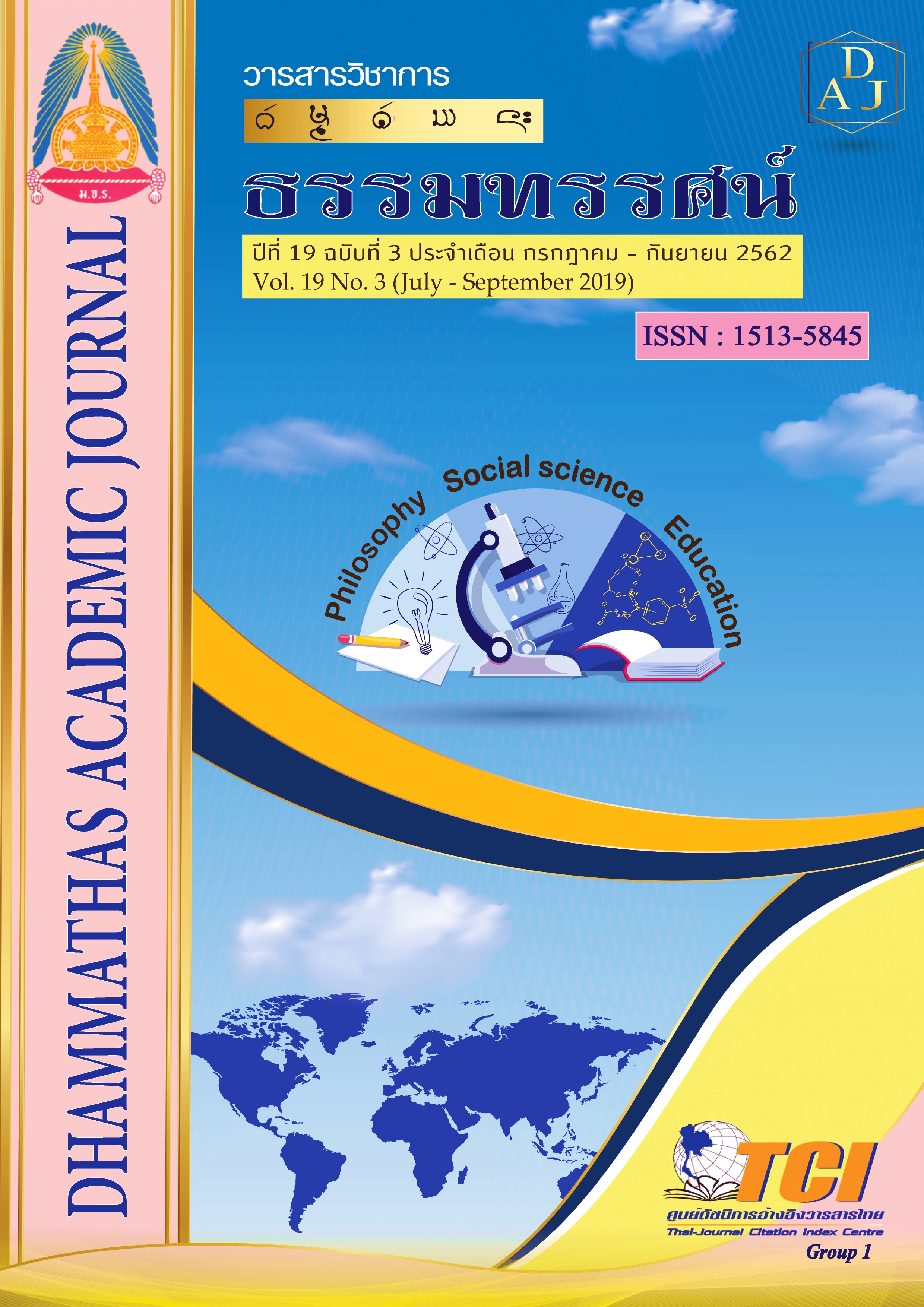Crisis Management Luang Cave - Khun Nam Nang Non Chiang Rai
Main Article Content
Abstract
This This research of objectives: 1) to study the environment that leads to the crisis of the cave of Luang - Khun Nam Nang Non; 2) to study the crisis management process Tham Luang - Khun Nam Nang Non; 3) to study the process of conducting 13 wild boar life out of Tham Luang and the results of crisis management Luang Cave - Khun Nam Nang Non The main informants are composed of 3 groups: 1. Key informants, who are high-level executives who co-operate with the command center. 2. Key informants of the private sector and 3. Key informants, public and government sectors that support by using data collection methods and non-participant observation models Non-participant observation, In-depth Interview and related research documents.
The research findings reveal that: there are characteristics of a cave called “cave” which looks like this. When a rain storm or heavy rain occurs in Tham Luang forest park will allow the interior space of the cave to flow into and cause flooding in geology it is considered a very dangerous cave. But government agencies never conducted surveys and gathered as physical knowledge within the caves. Cause the public to not know the information of Tham Luang - Khun Nam Nang. That is beautiful, hidden in danger for the crisis management of the center commander. The successful result did not use only one principle of the management of Luther Gulick (POSDCORB). In addition, he introduced the management of Henri Fayol, POCCC and the crisis management process come together and the world famous practice of the success of this operation will not happen at all if there is no good plan of the command center and the faculty, along with foreign experts and Thai seal units by rescue drugs for 13 wild boar water safely.

